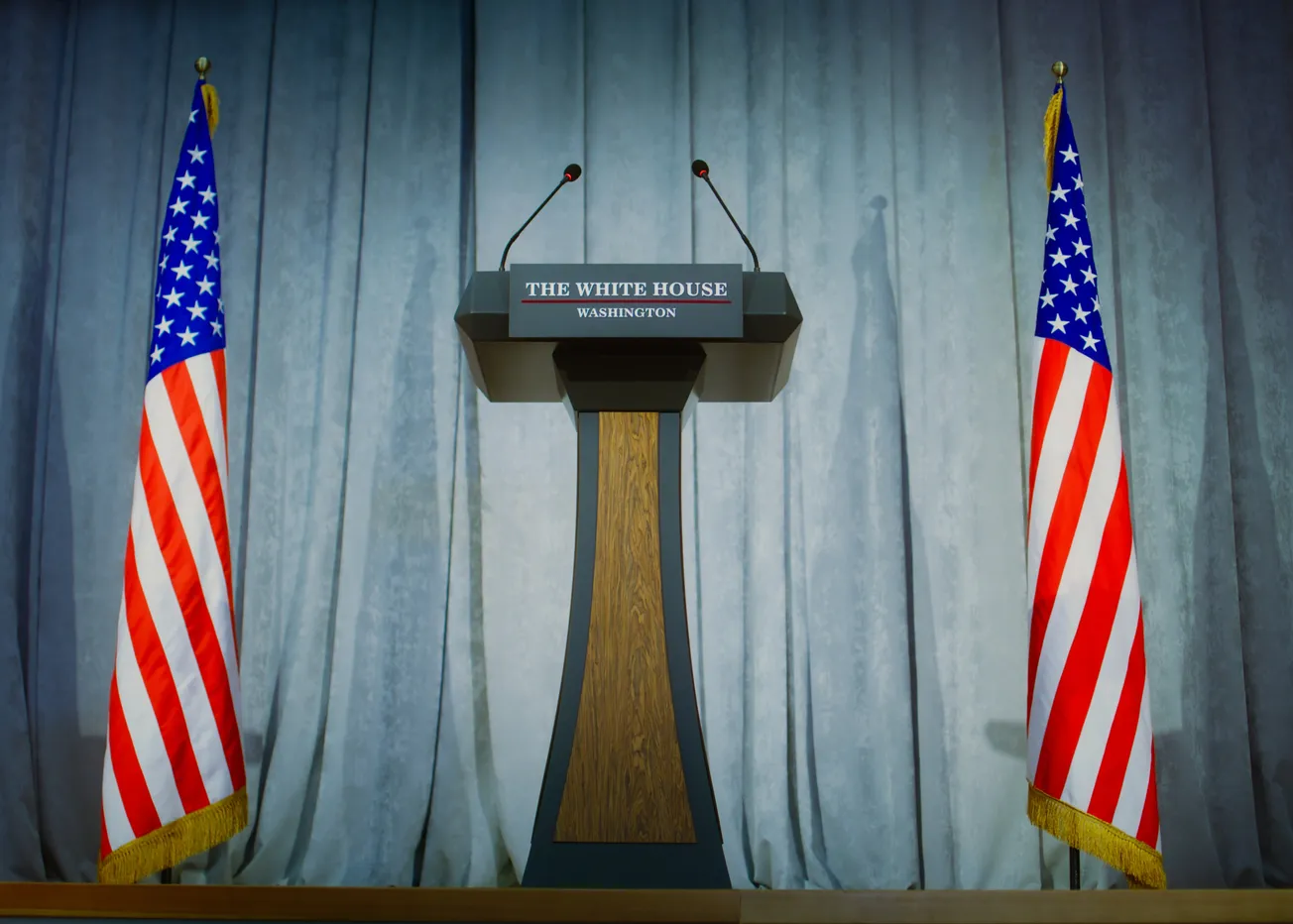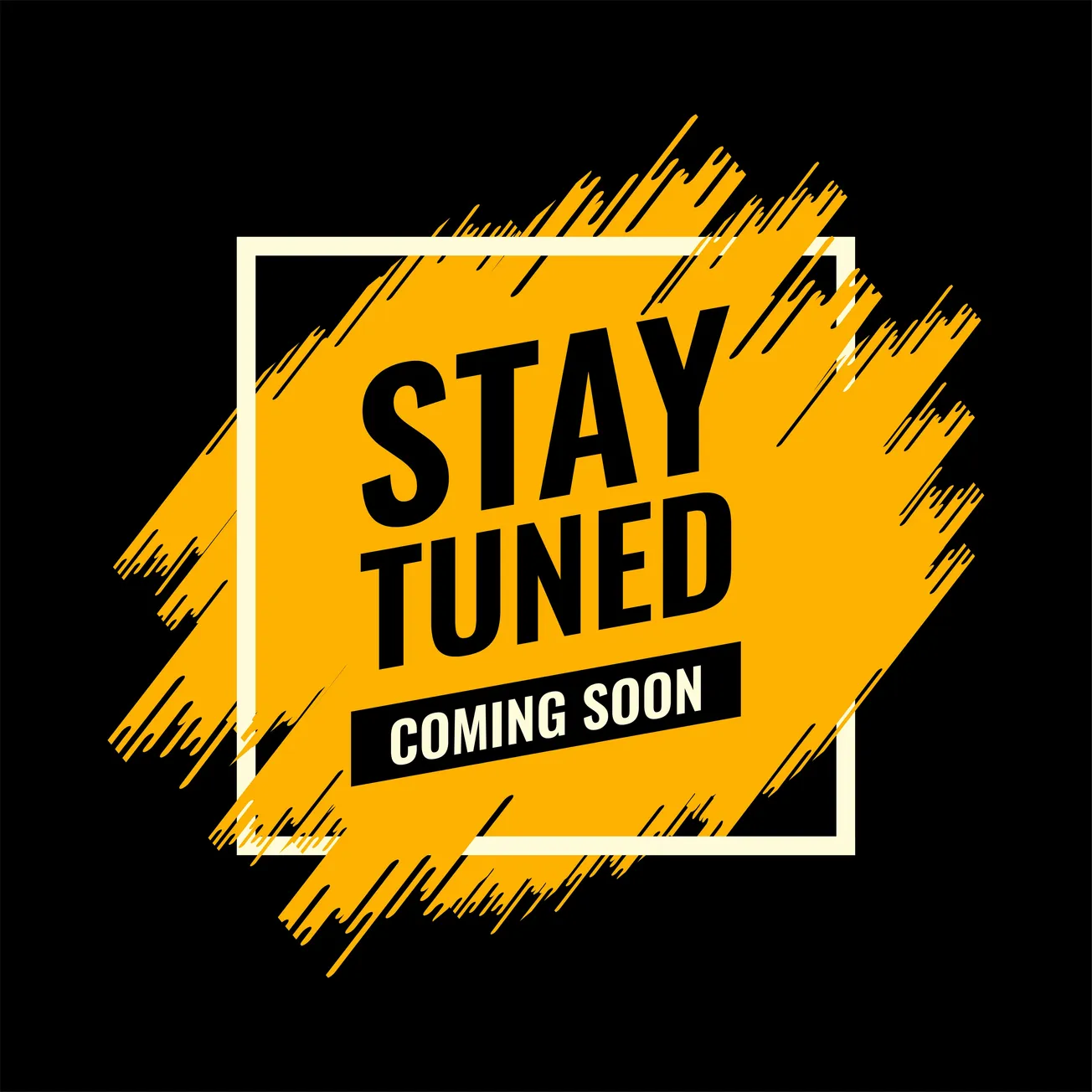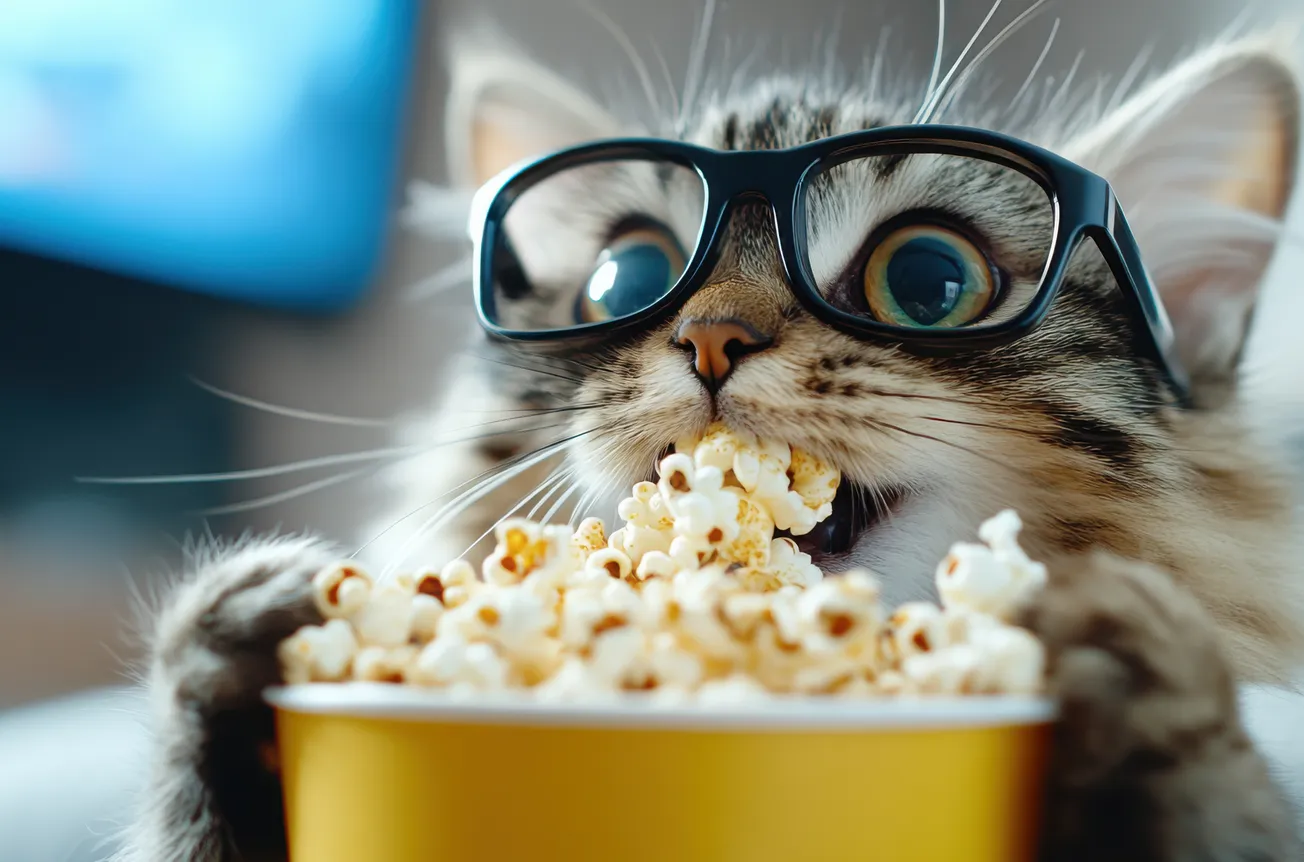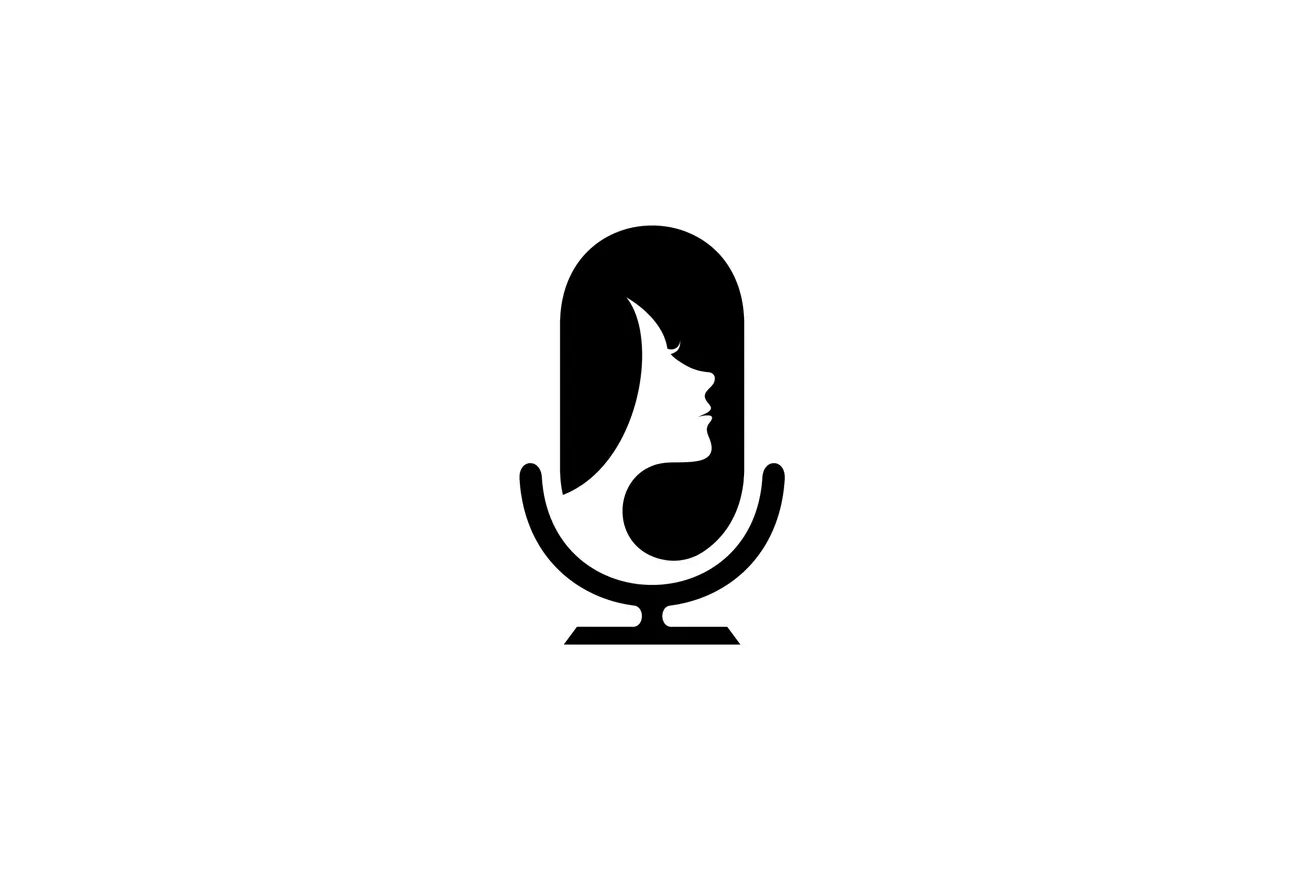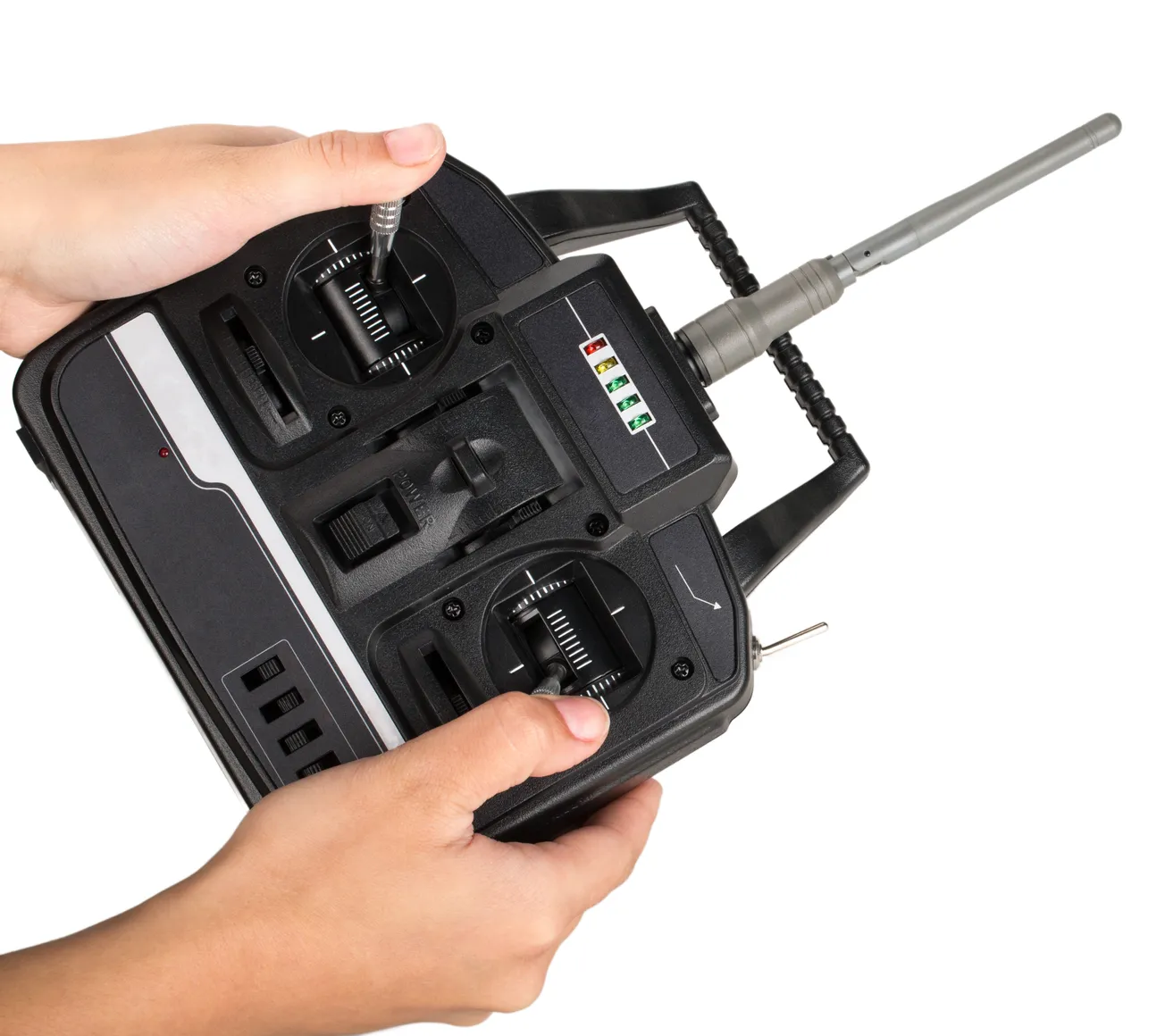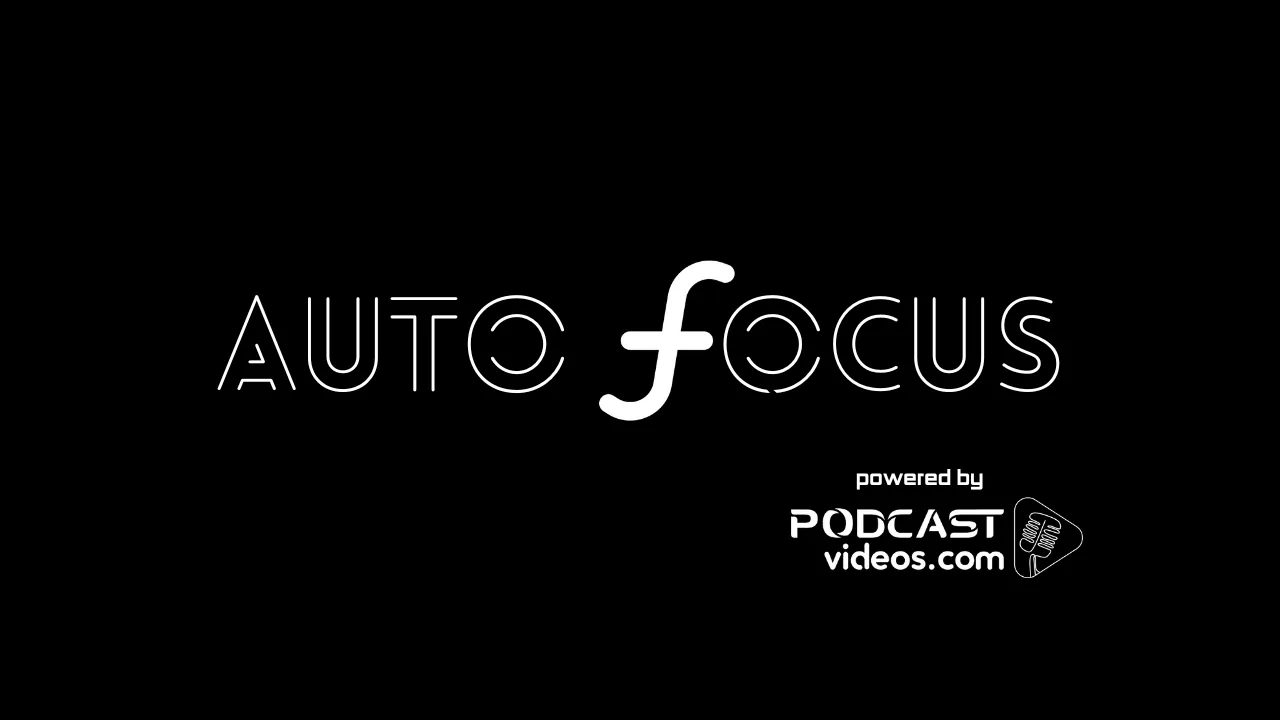The White House has announced plans to extend press briefing access to podcasters, bloggers, and social media influencers.
This initiative aims to diversify the voices present in the James S. Brady Press Briefing Room, acknowledging the growing influence of non-traditional media platforms, according to administration officials.
Historical Context of White House Press Credentialing
The relationship between the White House and the press has evolved significantly over the past century.
Initially, journalists had limited access, often gathering informally to collect information. The establishment of the White House press corps formalized this relationship, leading to the creation of the James S. Brady Press Briefing Room, which traditionally accommodates 49 reporters.
Credentialing has typically been granted to representatives of established news organizations, with the White House Correspondents' Association overseeing seating arrangements, while the White House determines press credentials.
Expansion to New Media
The current administration's decision to include podcasters and influencers marks a departure from traditional practices.
Press Secretary Katherine Leavitt emphasized the importance of adapting to an evolving media landscape, stating, "Millions of Americans, especially young people, have turned from traditional television outlets and newspapers to consume their news from podcasts, blogs, social media, and other independent outlets."
To accommodate this shift, the White House has introduced a new seat designated for "new media" representatives.
Impact on Podcasters and Their Audiences
Granting press credentials to podcasters and influencers is poised to have several implications
Direct access to White House briefings allows podcasters to provide firsthand information, enriching their content with timely and accurate reporting.
Listeners may benefit from diverse perspectives and in-depth analyses that differ from traditional media narratives, potentially increasing public engagement and interest in political discourse.
Official recognition through press credentials can bolster the credibility of podcasters, expanding their reach and influence.
However, this move also raises questions about maintaining journalistic standards and the criteria for credentialing non-traditional media.
The WHCA, which traditionally oversees seating arrangements, may need to adjust to accommodate new participants, potentially affecting existing media outlets' access.
The Rise of Video Podcasts and Credentialing Considerations
The increasing popularity of video podcasts adds another layer to the discussion on press credentialing.
Video podcasters combine audio content with visual elements, often reaching substantial audiences through platforms like YouTube and Vimeo. As the White House opens its doors to new media, considerations for video podcasters may include:
- Technical Accommodations: Ensuring that the briefing room can support video recording equipment without disrupting proceedings.
- Content Distribution: Allowing video podcasters to broadcast briefings in real-time or with minimal delay, providing audiences with immediate access to information.
- Ethical Standards: Establishing guidelines to ensure that video content maintains journalistic integrity and does not misrepresent information through editing.
The inclusion of video podcasters aligns with the administration's broader strategy to engage with a wider array of media outlets and personalities, reflecting the changing dynamics of information consumption.
Political Figures Leveraging Podcasts
Political candidates and officeholders are increasingly utilizing podcasts to connect with voters and constituents.
Podcasts offer a platform for in-depth discussions, allowing politicians to convey their messages in a more personal and unfiltered manner.
During the 2024 presidential campaign, both Donald Trump and Kamala Harris appeared on various podcasts to reach diverse audiences. Trump's appearance on "The Joe Rogan Experience" garnered significant attention, highlighting the influence of long-form podcast interviews in shaping public perception.
The White House's decision to extend press briefing access to podcasters, bloggers, and social media influencers signifies a recognition of the evolving media landscape.
While this move promises to enrich public discourse by incorporating diverse voices, it also necessitates careful consideration of journalistic standards and the logistics of integrating new media into established frameworks.
As the lines between traditional and new media continue to blur, the future of political communication and public engagement will likely be shaped by how effectively these diverse platforms are integrated into the fabric of governmental transparency.


